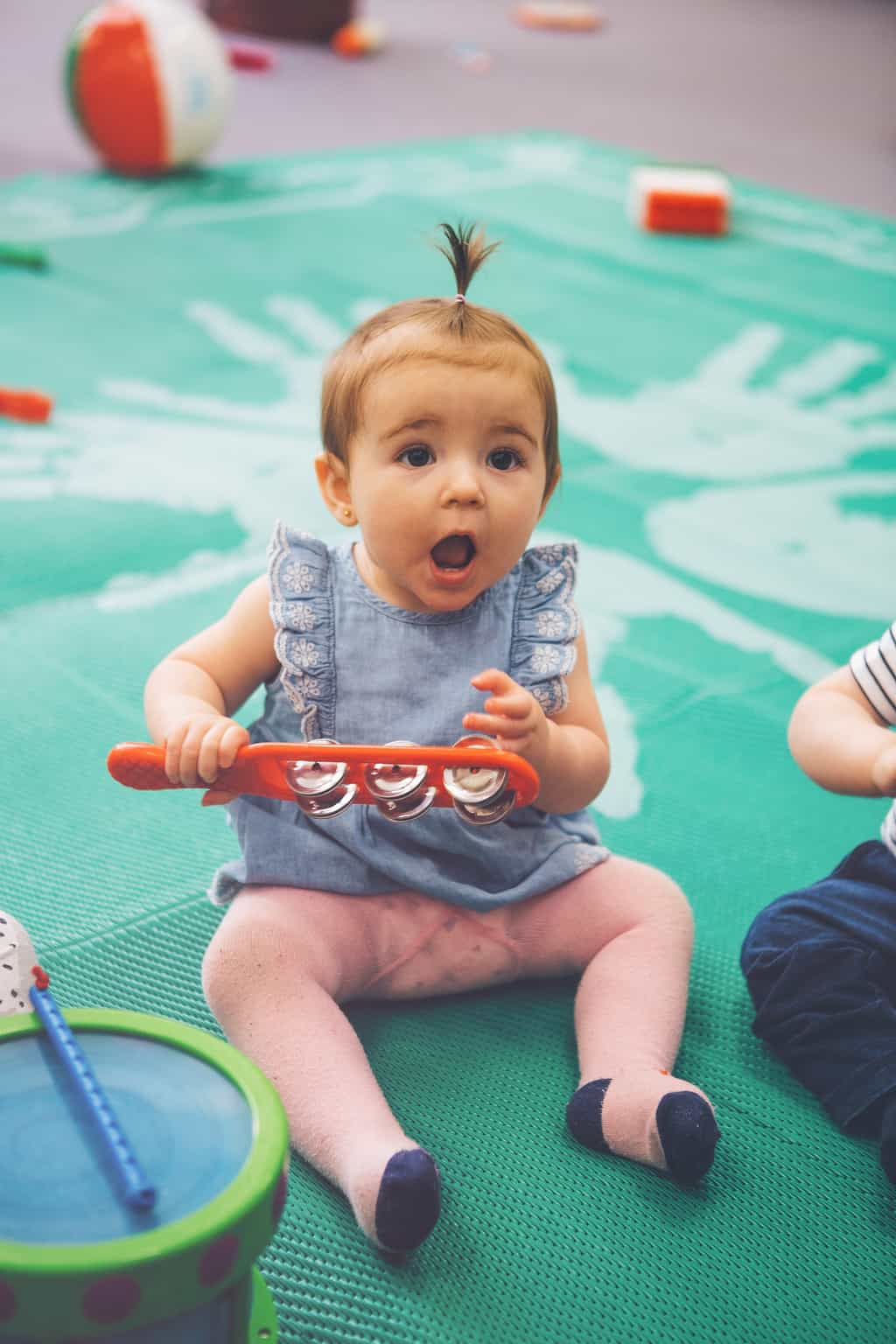Planning for play
Having a flexible routine can provide comfort and security for those involved. It creates flow and allows children to become confident, knowing what is happening.

Many playgroups create a term plan before the new term starts to ensure every week has set activities and sometimes a theme. See our playgroup theme calendar ideas here.
When creating a plan consider:
+ Meeting the needs, likes and interests of all families
+ Having a range of activities that cover each area of development every week
+ Explore different themes for example: the seasons, months, popular trends, cultural celebrations and awareness weeks. you can even link your playgroup theme with local events and happenings in the community
+ Allow time and space to encourage all families to have the opportunity to have input into the planning: does a parent have a special skill they would like to run an activity for? Are the cultural celebrations of the attending families celebrated?
Remember to be flexible! Playgroups are not always run the same way, sometimes things happen that can affect the plan, just be flexible. Have a few backup activities in the cupboard if things don’t go to plan.
Most playgroups run for between 1.5 – 2 hours a week, a basic routine might include the following elements:
Arrival
Welcome. Making families feel comfortable is so important. Have a few activities laid out- books, toys, drawing area. Remember to check the play space for hazards, set up the sign in and information area.

Layout
A thoughtful playgroup layout can reduce accidents and conflict. Consider creating a safe baby area with toys on a quilt, surrounded by cushions in a corner. Allow space for children who prefer to play alone – such as a single drawing table, a felt board in a box, or a quiet reading spot with cushions and picture books.
Use cushions or furniture to break up open areas and discourage running. Provide enough resources for everyone (e.g. four paint pots for four children) to minimise conflict. Keep background noise low and use music purposefully, such as signalling the transition from playtime to pack-up.
Decide whether welcoming new families is a shared responsibility or one person’s role. Every playgroup is different, so experiment with the layout to see what works best.

Activity
If you have an activity planned, it is best to start off with this and get the kids really engaged from the start. Looking for ideas?
Become a member for access to play ideas.
Already member? Login here

Open ended play
Provide opportunities for free play. This simplifies the job of providing play ideas on a weekly basis. It’s a good idea to have the same basic set up each week. Set children off with an idea. For example, they are explorers looking for different types of plants and insects, they are chefs cooking a meal, they are scientists making new discoveries.

Snack time
Wash hands and prepare for a snack. Some groups enjoy everyone sitting down together. This provides an opportunity for adults and children to socialise and catch up. It’s a great time to talk about healthy food. It also allows the group to discuss issues as a group or plan upcoming events. Be realistic about your expectations of young children, most won’t be able to sit in this group situation for long – there’s too much to see and do!

More play
When possible, encourage outside play. Remember that each adult is responsible for the children they bring to playgroup – if the child is outside the parent needs to be outside keeping an eye on them.

Pack-up
Many hands make light work! Packing up can be streamlined if each adult clears away the activity their child is playing with at pack up time. Tell children a little before that it will soon be pack up time so they don’t become frustrated if their play is abruptly cut short. Packing up is easy if each adult clears away the activity their child Is playing with. Encourage children to take part in the packing up. This fosters good habits.

Group time – stories and song
It is fantastic to come together towards the end of playgroup. A story and a song is a wonderful way to bring the session to a close. It creates bonds, and allows children to practice their listening skills, their language skills and their social skills. It is also a good time to have a rest. Try not to be too ambitious with group time, ten to fifteen minutes is probably the maximum time most children could sit happily and pay attention.

Goodbye
At the end of the session say goodbye and collect anything that needs to be taken home. Singing a goodbye song or even just saying “bye” (child’s name) and (parent’s name) see you next week creates predictability and anticipating for returning to playgroup. See you again next week!

Get inspired!
Become a member to access our latest activity booklet and other play resources
